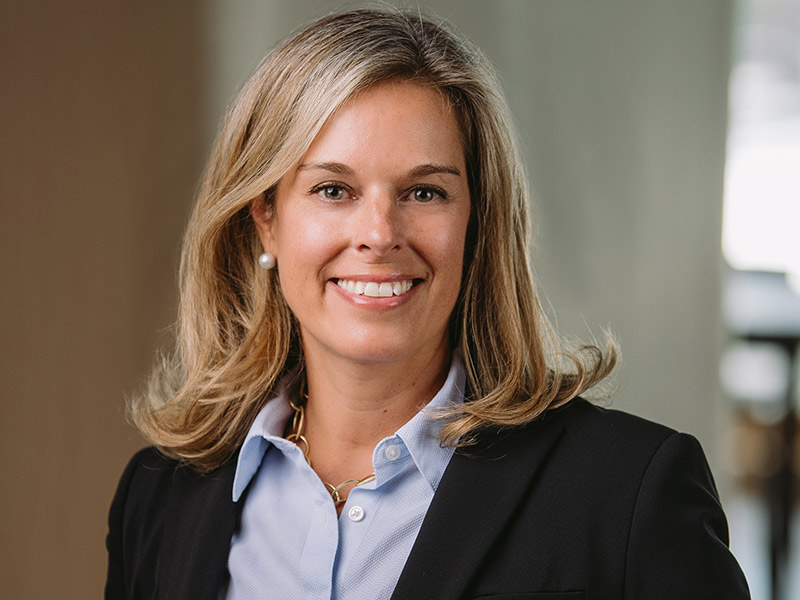Advocate's Journal
Sowell Gray’s Appellate Advocacy Group Devotes Significant Time to Pro Bono Appellate Matters
By Beth Burke Richardson
Seven members of Sowell Gray’s appellate advocacy group devoted more than 870 hours (or approximately 22 forty-hour work weeks) to pro bono appellate work in the last two years. Through both service on the South Carolina Appellate Practice Project and appointment by the Discretionary Panel of the United States Court of Appeals for the Fourth Circuit, these attorneys worked together to take five different appeals through the entire appellate process, from filing through oral argument. Five attorneys argued their first case in the state or federal court.
The Appellate Practice Project, cosponsored by the South Carolina Commission on Indigent Defense and the South Carolina Bar-CLE Division, allows qualifying attorneys to represent one indigent criminal defendant on direct appeal, and guarantees the attorney the opportunity to argue to the South Carolina Court of Appeals. The Discretionary Panel appoints eligible appellate attorneys to serve indigent appellants in either ancillary criminal matters where there is no right to counsel, such as habeas corpus, or in civil, agency, tax, civil rights, or bankruptcy matters, when the appointment would serve the interests of justice or aid in the resolution of issues on appeal.[i] While there is no guarantee that oral argument will be permitted in Discretionary Panel cases, the court only appoints attorneys in a handful of cases after determining that further briefing as well as oral argument would possibly assist the court.
Pro bono appellate service through these projects is a rewarding opportunity to do great appellate work for those who cannot otherwise afford it. Many cases are tough and require attorneys to use particularly sharp appellate advocacy thinking and analysis, brief writing, and argumentation skills. Many young attorneys can use this experience to get their feet wet in the higher court system. Experienced attorneys can receive invaluable training too by learning new skills through a challenging case. Certainly, the cases require the devotion of considerable time, but the rewards to both the client and appellate attorneys are immeasurable.
[i] United States Court of Appeals for the Fourth Circuit, Appointed Counsel, Appointment Panels, Discretionary Panel, at http://www.ca4.uscourts.gov/appointed-counsel/appointment-panels/discretionary-panel (last visited Oct. 15, 2015).
